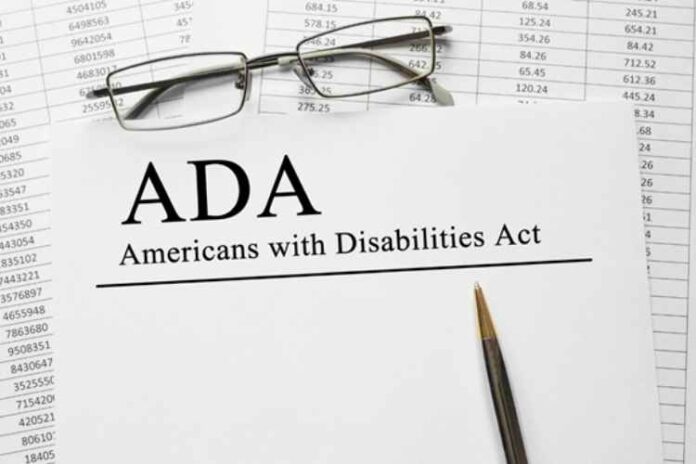With the hopeful return to normal life promised this year, a return to community events of all shapes and sizes will follow. These types of events can be a joy to be a part of, but it’s important to remember to keep them accessible to all people.
An event that does not live up to ADA standards is not going to provide the joy that it should. Furthermore, it will actually be illegal. When planning an event, making sure everyone can participate in both the law and the right thing to do.
If you’re planning on an event to take place later this year, it’s essential that you get familiar with accessible event planning. What do you need to know? Read on and we’ll walk you through the details.
What are Accessible Events?
As we mentioned, there is a law in place that stipulates how events can function in terms of their access for handicapped individuals.
The Americans with Disabilities Act states that public events must meet ADA standards. These standards cover accessibility and accommodations that need integration into the event to meet the needs of various individuals.
This means that all elements of your event, including the registration and ticketing process, must be set up and established with accessibility in mind. Staff for an event needs to be trained as well in disability laws so that they can better serve the handicapped public that may attend the event.
Obviously, there are many different types of disabilities, and some may be more obvious to event organizers and staff than others. Planning for all sorts of handicapped situations will be essential to the success of your event.
This means planning for people with mobility issues, visual and hearing disabilities, and other hidden types of disabilities.
Hidden disabilities include chronic pain, autoimmune disorders, PTSD, asthma, and other such medical issues that you may not be able to recognize just from looking at a person. Ensuring your event is keeping these kinds of people in mind can help ensure no one is lost in the mix and that you are not fined.
How To Meet ADA Standards
With this in mind, what do you need to do in order to live up to ADA standards? There are a number of highly important things to keep in mind when accessible event planning.
First and foremost, note that you cannot and should not ask for any kind of proof of disability. No person attending an event is required to show proof of their disability in order to receive accommodations associated with that handicap.
Those that need special seating, need to bring a service dog or need other types of accommodations should not have to prove to event staff that they require these things. This can be an all-important educational lesson for your staff – do not ask for proof or you could get in a lot of trouble with the law.
When a request for reasonable accommodations is made by a guest, the event staff should try their best to respond. A reasonable accommodation would be classified as any change to an event requirement that would allow for participation by the handicapped individual.
This can come in the form of wheelchair access, sign language interpreters, accessible seating, and so forth.
Keep in mind that temporary structures must also meet ADA standards in terms of accessibility. It is likely that the buildings that you are using for your event have ADA-compliant features.
However, additional temporary structures created for the event such as tents, booths, food stands, and so forth must also be accessible for those with handicaps.
If you are creating an environment that is not wheelchair-friendly, you might need to look into a lift rental to help change that.
Rules Surrounding Service Animals
Often, the rules regarding service animals can be confusing to more novice event staff. It’s most important that your staff is educated on this matter.
All public venues and public events must allow access for service animals. Services animals are most commonly dogs, but sometimes take the form of other animals.
Even if there is a no pet policy at your event, a service dog must still be admitted and is not considered a pet. There are legally only two questions that your staff can ask in relation to the service animal in question.
Is the service animal needed for the person’s disability? What tasks is the animal trained to perform?
Anything outside of these two questions is not permitted by the law. They can not ask for registration for the animal as such a thing does not exist.
Service animals are highly trained. They should not act aggressive, loud, or disruptive. If the animal in question is, the event will have the right to ask the handler to remove the animal from the event.
One final detail: service animals are only permitted where event-goers are allowed to go. A service animal does not permit a guest to access off-limit areas where other guests are not invited.
Understanding Event Planning for Disabilities
If you’re planning on throwing a big event sometime in the next year, you’ll want to take the time to learn how to throw an accessible event. Reading over the ADA standards above can help you ensure you throw an event that will be enjoyed and appreciated by all.
Need more event planning tips and tricks? Keep scrolling our blog for more.


